
About the River Herring Network
What is the network?
The River Herring Network brings together the wide range of stakeholders working on river herring management, research, restoration, and monitoring in the Gulf of Maine. Long-term stewardship of this important resource is only possible if we work together, at the scale at which river herring runs exist: stream to stream, pond to pond, and community to community. The network provides a forum for regular communication, trust-building, and identification of collaborative opportunities to advance our collective goals.
Vision
Healthy river herring runs across the Gulf of Maine that support coastal communities and ecosystems.
Mission
Advance collaborative research and co-management of river herring in the Gulf of Maine
Current Initiatives
Sarah O’Malley of Sedgwick counts alewife at Walker’s Pond in Brooksville
Gathering river herring count data
Understanding the sustainability of the river herring fishery and the impact of restoration efforts on river herring populations relies on monitoring at individual runs across the region. These runs are monitored by community volunteers, town alewife committees, harvesters, the state, hydropower companies and other dam owners. The data from these count efforts is critical to answering a variety of questions about river herring populations, but the data are not easily found in one place. For runs that are commercially harvested, the count information is proprietary, and can only be shared with permission from the harvester or town. The River Herring Network identified collecting count data from as many runs as possible as possible as a priority activity, with the goal of sharing information and improving data access and transparency. This is currently a pilot effort with daily count information from a sample of 2022 river herring runs across the state of Maine captured in this dashboard.
Continuous temperature monitoring at river herring runs
Temperature is thought to be the primary driver of adult river herring migration into freshwater streams and ponds in the spring. However, there is considerable variation in life history across different runs, and the drivers of migration timing can vary from year to year, with flow rate playing an important role in addition to temperature. The River Herring Network deployed 21 temperature loggers across 7 runs (at the fishway, pond/lake outlet, and head of tide) for the 2022 run to help answer questions about run timing and life history dynamics. We aim to expand this pilot monitoring effort into more runs in future years, and potentially add flow meters alongside the temperature loggers. Ultimately, this temperature data will be added to the SHEDS Stream Temperature Database.
Network Core Team
-

Bailey Bowden
Chair | Town of Penobscot Alewife Committee
I have observed and recreationally harvested alewives from the Bagaduce River for over 50 years. While counterintuitive, I believe that a well regulated co-managed commercial river herring harvest is a critical to the sustainability of the resource. I am very curious about juvenile river herring development in the fresh water and estuarine environments.
-

Michael Brown
Maine Department of Marine Resources Sea-Run Fisheries Division
I have been involved with river herring harvest and restoration in one form or another since the 1970s'. The most rewarding aspect remains working with the core group of dedicated volunteers and the Alewife Harvesters of Maine which developed a sustainable fisheries plan that allows some commercial harvest of river herring in light of the current moratorium on commercial river herring fisheries. I envision the River Herring Network playing an important role in bringing multiple interest together to continue the conservation and restoration work required to keep sustainable river herring populations on the landscape.
-
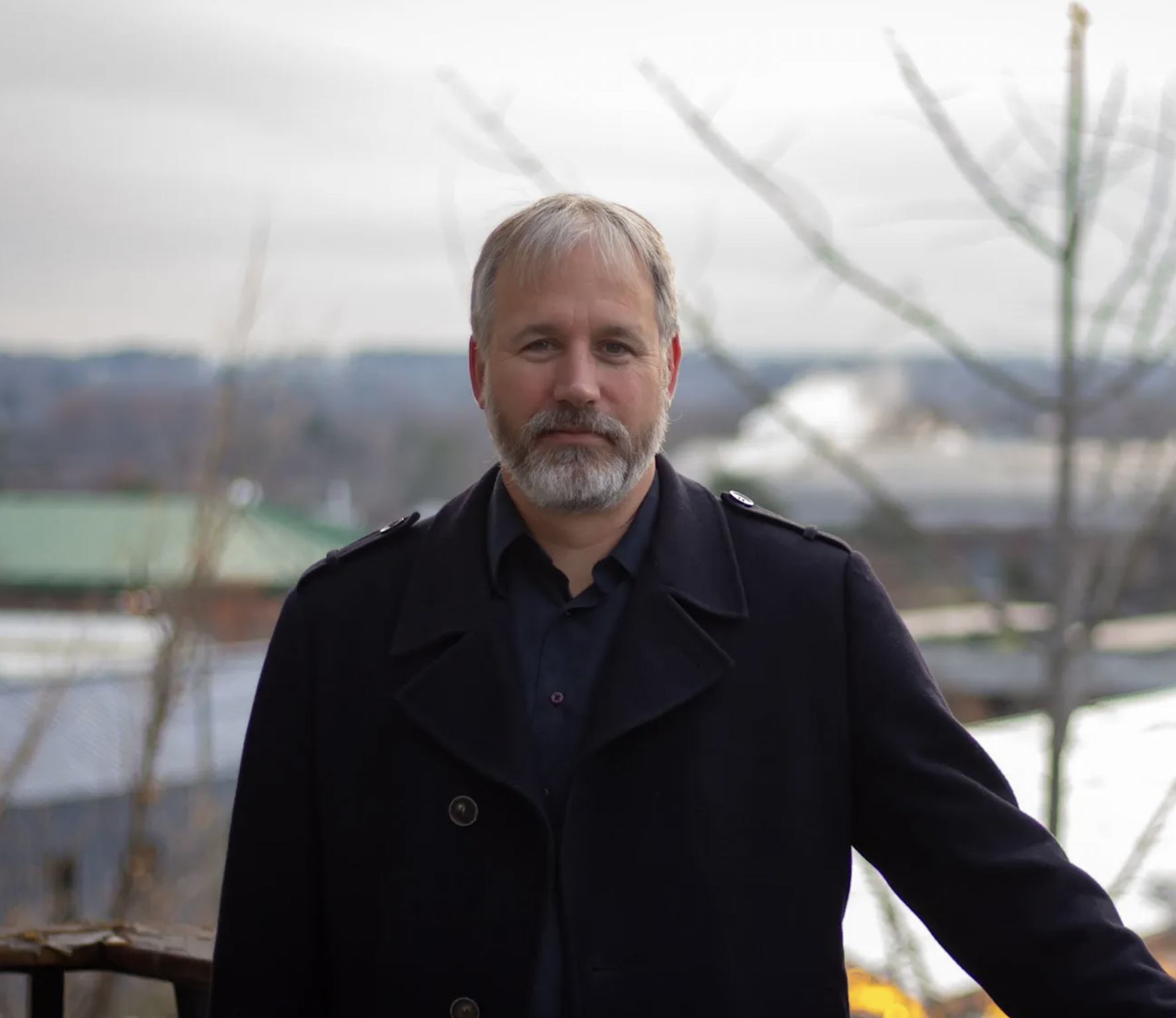
Adrian Jordaan
Associate Professor of Fish Population Ecology and Conservation, University of Massachusetts Amherst
-

Chris Petersen
Faculty, Ecology & Biology | College of the Atlantic
Chris has been a biology professor at College of the Atlantic in Bar Harbor, Maine since 1990. His research interests include fish behavioral ecology and reproductive biology, as well as the interface between fishing, fishers, and fishing communities. His research in Maine focuses on population biology and co-management of shellfish and reproductive timing of marine species.
-
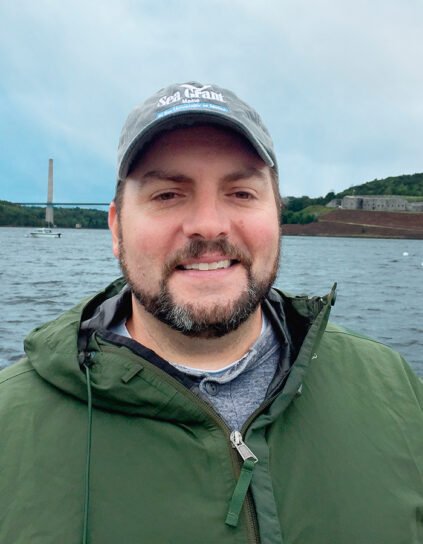
Justin Stevens
Fisheries Biologist | Maine Sea Grant
-

Rustin Taylor
Commercial Fisherman | Somesville, ME
With decades of experience pursuing various fishes up and down the Maine coast, I draw that on tangible knowledge to help preserve and enhance our Heritage Fisheries and natural resources for the future.
-
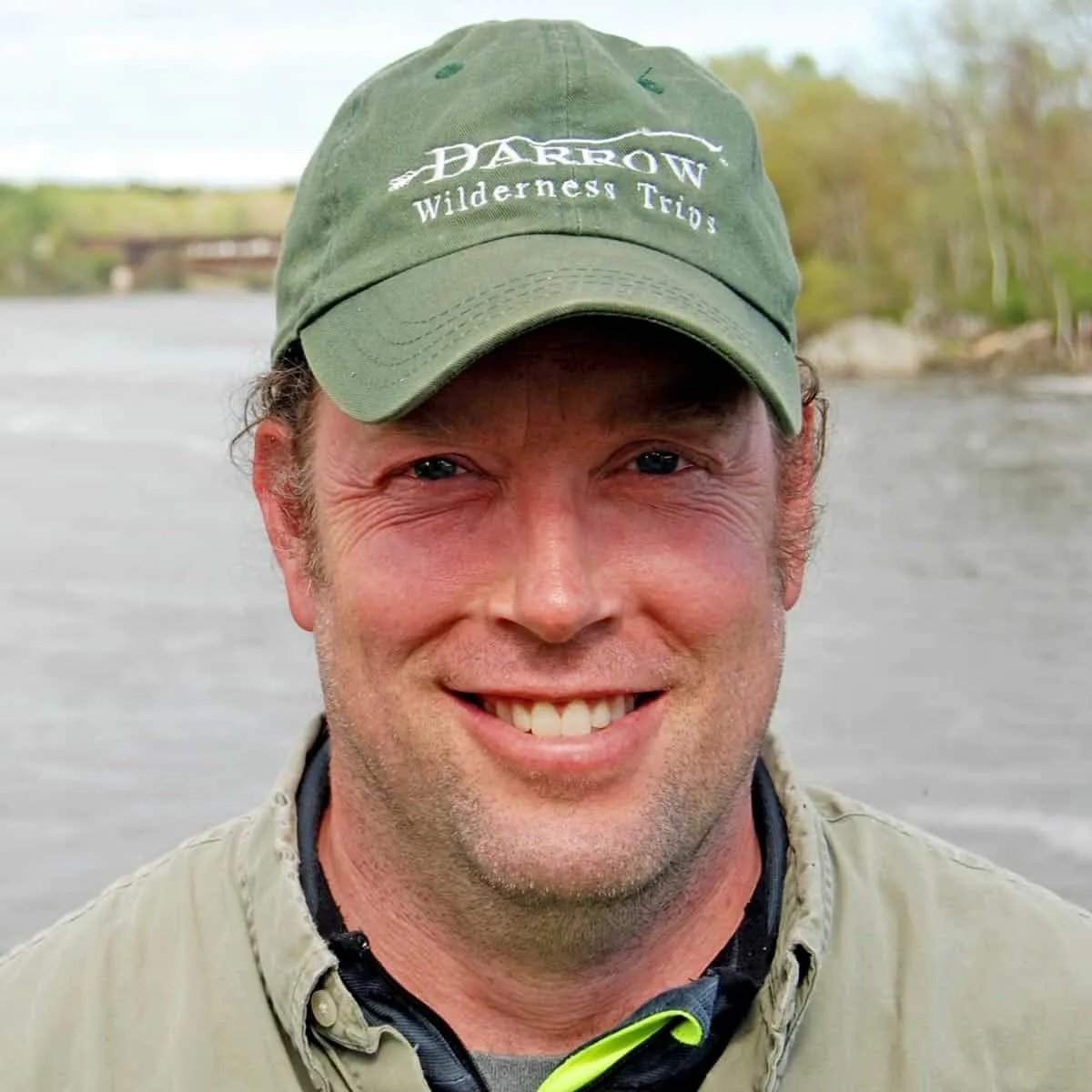
Jacob van de Sande
Fisheries Biologist, Project Manager | Maine Coast Heritage Trust
Jacob van de Sande has been a Land Protection Project Manager for Maine Coast Heritage Trust since 2014. Before MCHT, Jacob worked for the Downeast Salmon Federation for 14 years as hatchery manager and outreach and education coordinator, focused on salmon and searun fish conservation and restoration in Washington County. He has a Masters Degree in Fisheries from the University of New Brunswick in Fredericton.
Network Members
-

Asha Ajmani
PhD student, UMass Amherst
-

Richard Behr
Upstream
-

Bailey Bowden
Chair, Alewife Committee Penobscot
-

Michael Brown
Maine Department of Marine Resources Sea-Run Fisheries Division
-
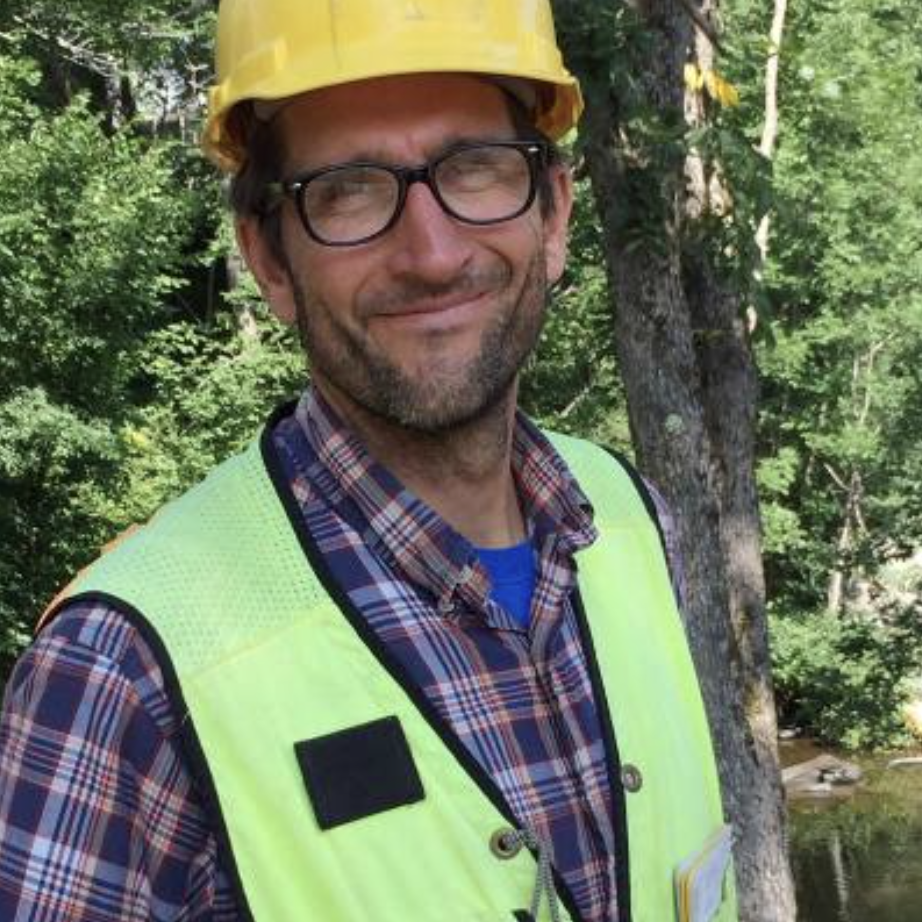
Mike Burke
Principal Water Resources Engineer. Inter-Fluve
-

Brett Ciccotelli
Restoration and Engagement Coordinator, Downeast Salmon Federation
-

Rebecca Dalton
NSF intern at NE CASC 2018
-

Matt Devine
PhD Student, UMass Amherst
-

Emily Farr
Senior Fisheries Program Manager, Manomet
-

James Garner
PhD student, UMass Amherst
-

Lian Guo
PhD Candidate, University of Massachusetts, Amherst
-

Anne Hayden
Manomet
-
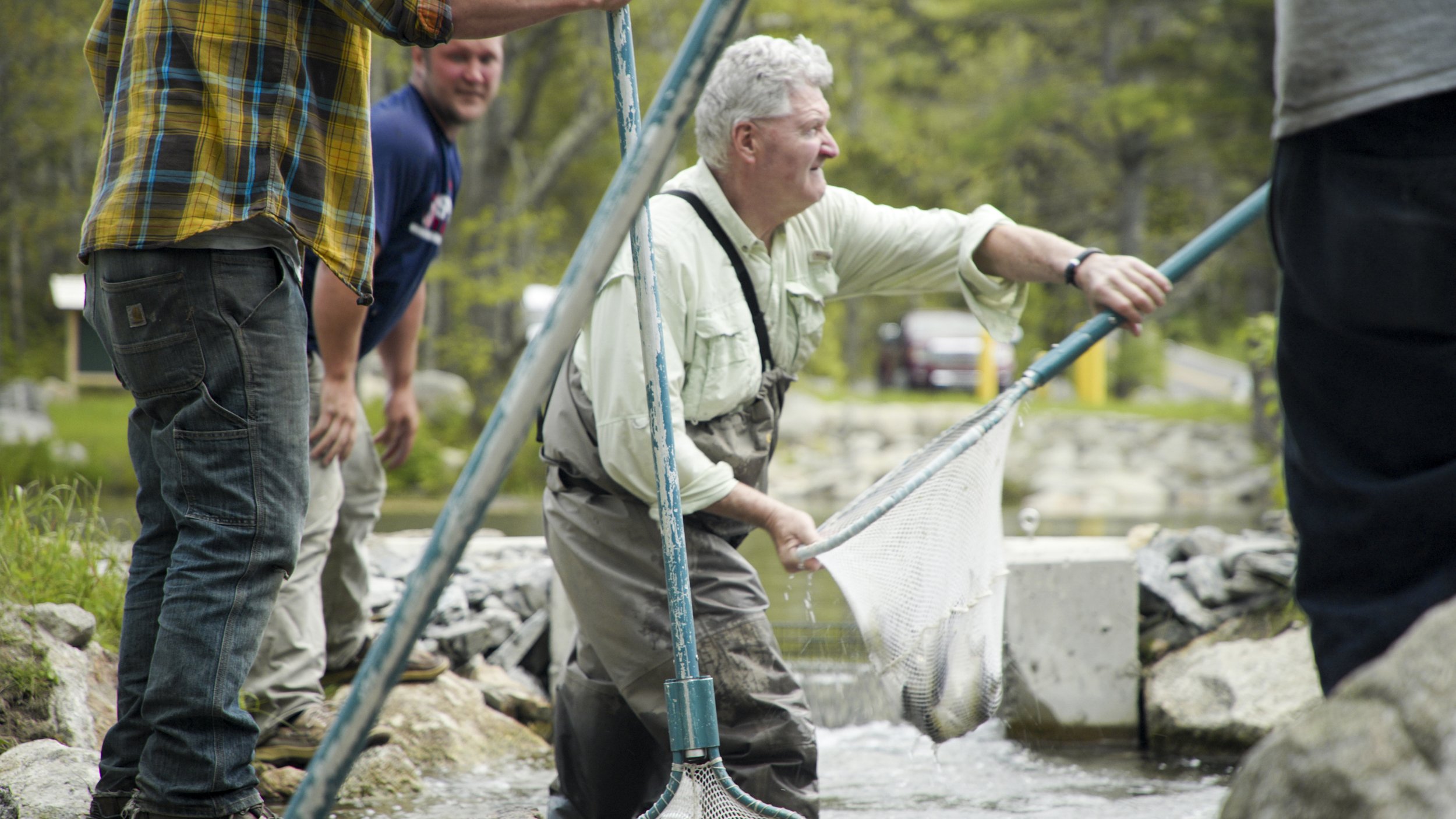
John Higgins
Member of Sedgwick Alewife Committee
-
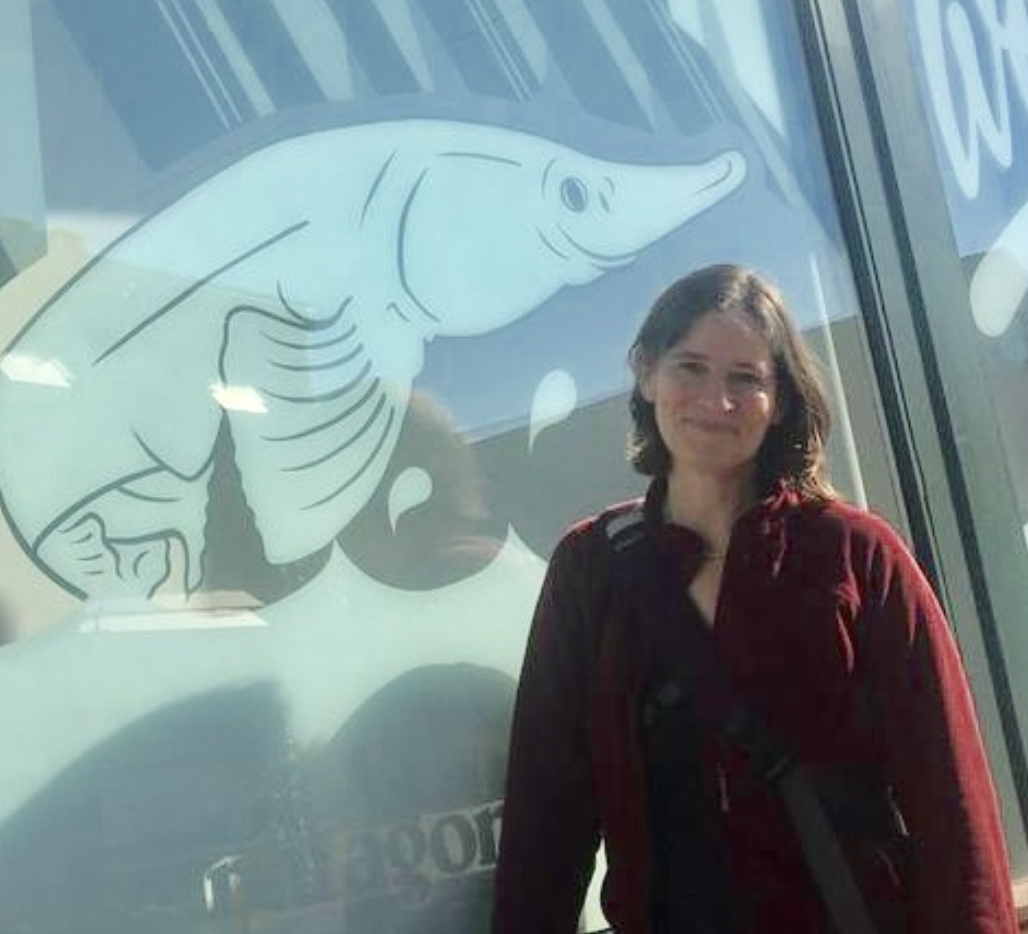
Landis Hudson
Executive Director, Maine Rivers
-

Grayson Huston
PhD Student, University of Maine, Orono
-
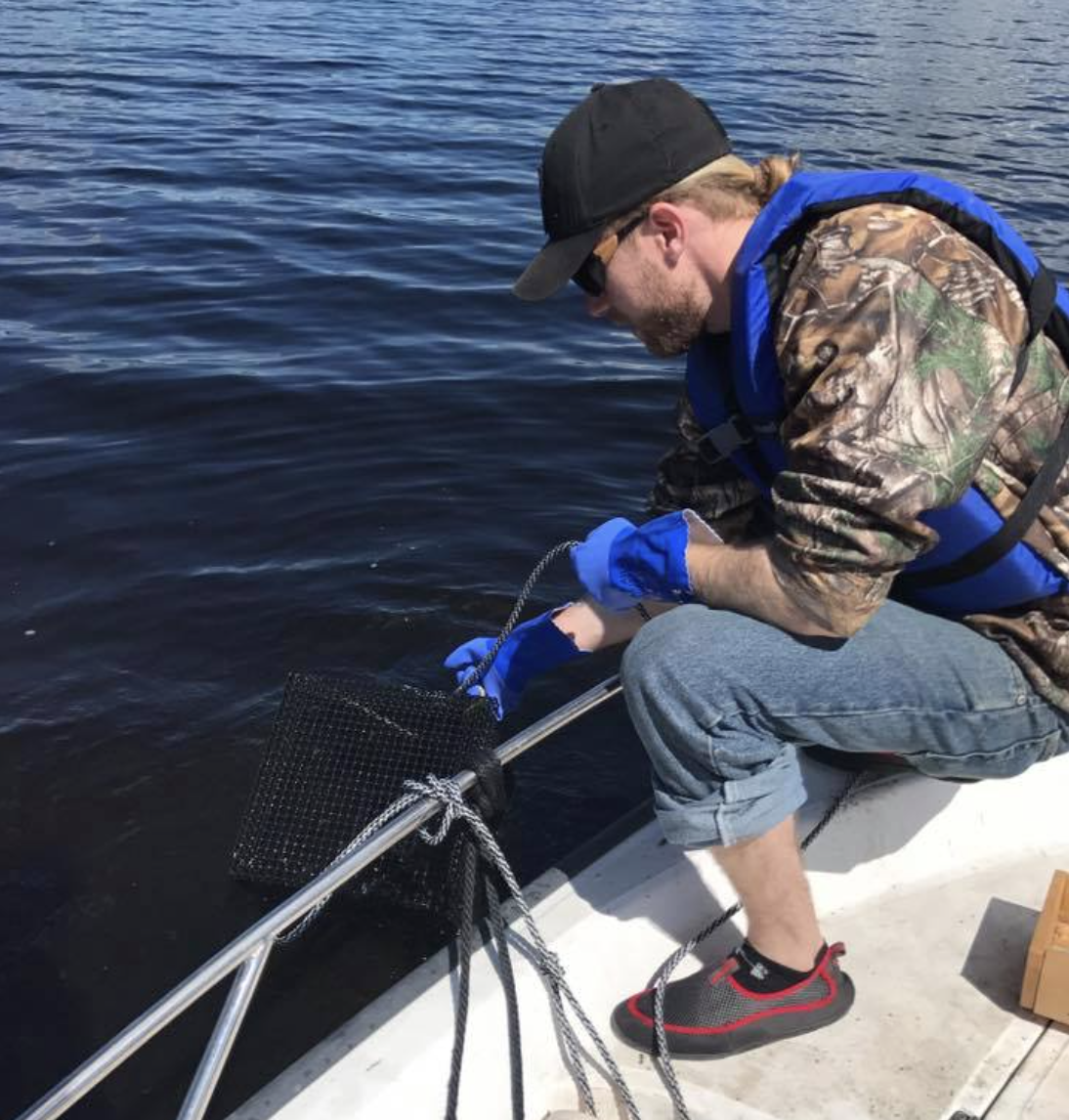
Chris Johnson
Ecology Manager, Sipayik Environmental Department
-

Adrian Jordaan
Director of the Gloucester Marine Station, Associate Professor, UMass Amherst
-

Michael Kinnison
Professor of Evolutionary Applications in the University of Maine’s School of Biology
-

John Kocik
Supervisory Research Fishery Biologist, NOAA Northeast Fisheries Science Center
-

Sean Ledwin
Maine Department of Marine Resources Sea-Run Fisheries Division
-

Henry Legett
NSF intern at NE CASC 2019
-
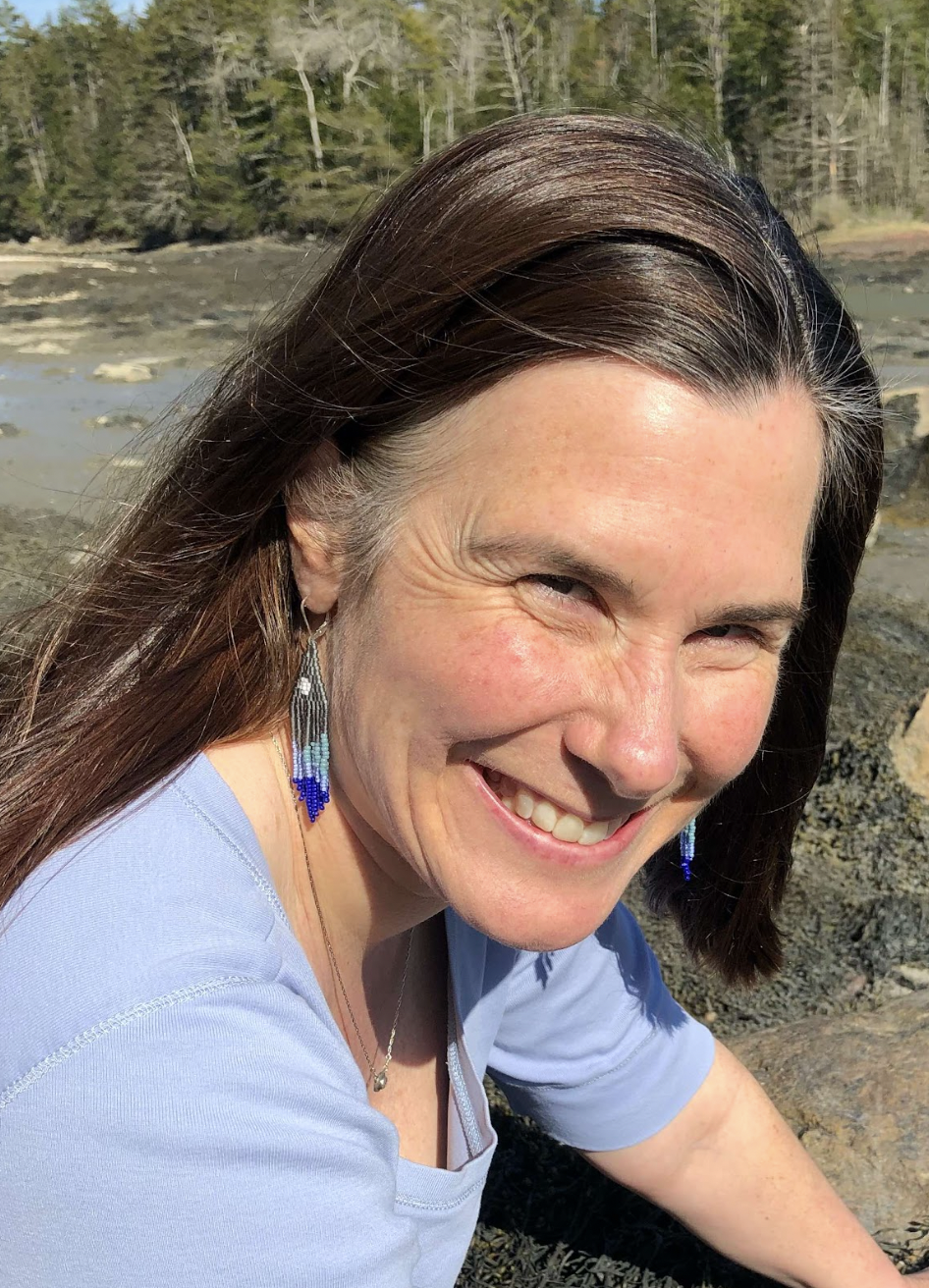
Heather Leslie
Director, Darling Marine Center
-
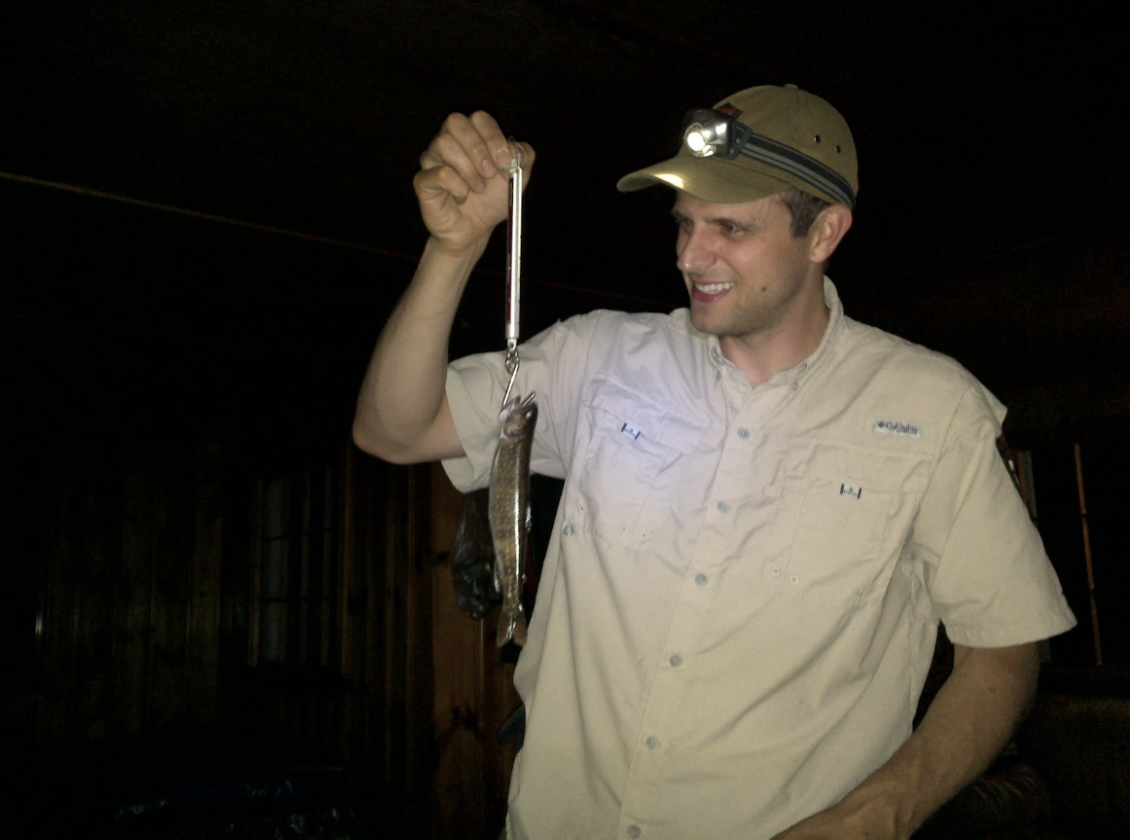
Matt Lubejko
Maine Department of Marine Resources Sea-Run Fisheries Division
-

Gunnar Lymburner
Commercial fisherman, Brooksville Alewife Committee Member
-

Kathy Lymburner
Commercial fisherman, Brooksville Alewife Committee Member
-

Sharon Mann
PhD Student, University of Southern Maine
-

Meghna Marjadio
PhD candidate, UMass
-

Isabella Monbouquette
Intern, Manomet
-

Jessie Muhlin
Associate Professor of Marine Biology, Maine Maritime Academy
-

Sarah O'Malley
Instructor, Maine Maritime Academy
-

Chris Petersen
Faculty, Ecology & Biology, College of the Atlantic
-

Peter Roberts
Commercial fisherman, Phippsburg Alewife Committee Member
-

Allison Roy
Unit Leader, USGS Massachusetts Cooperative Fish & Wildlife Research Unit
-

Dwayne Shaw
Executive Director, Downeast Salmon Federation
-
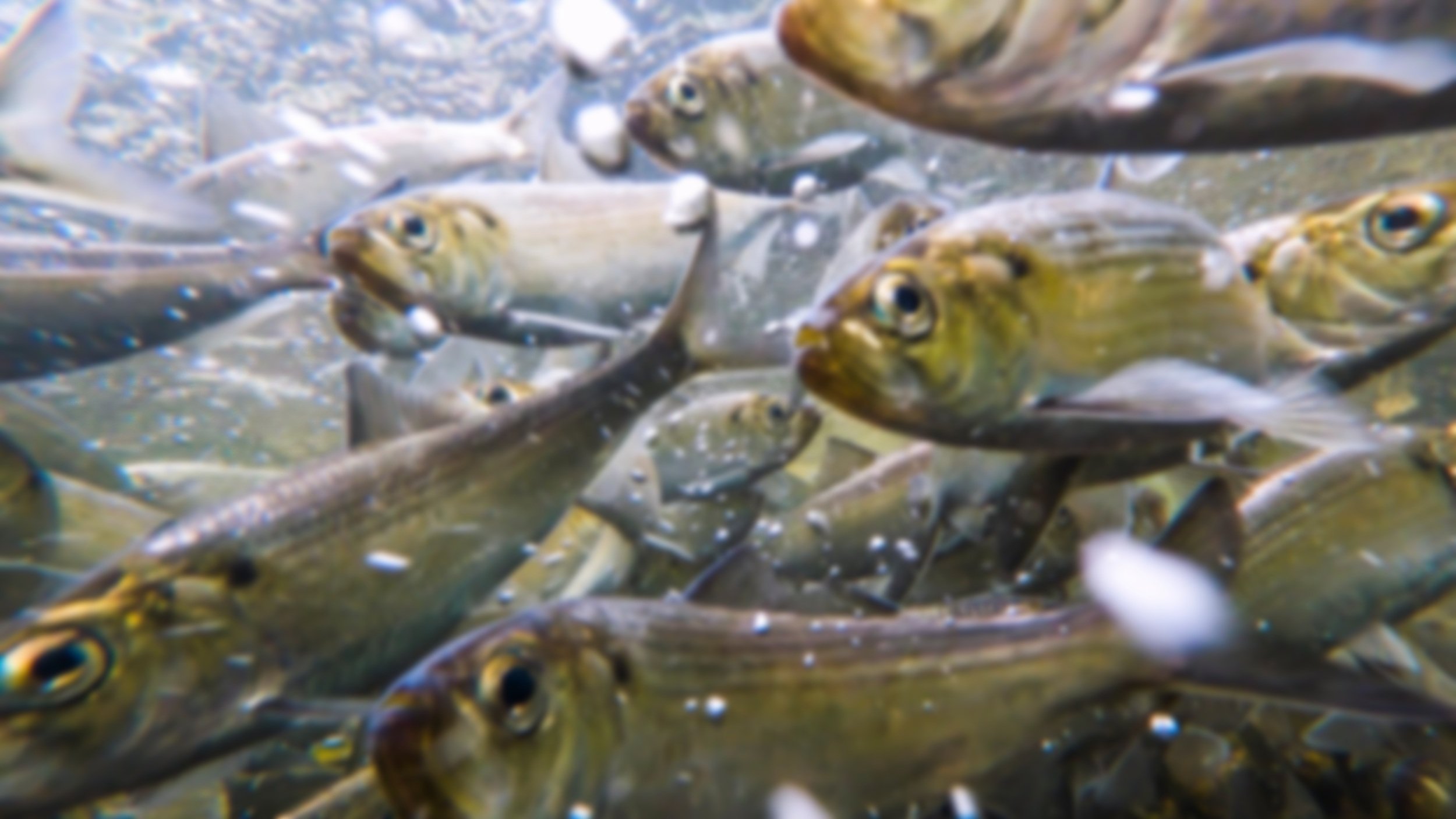
Sam Silverbrand
Masters Student, Marine Biology, University of Maine
-

Justin Stevens
Fisheries Biologist, Maine Sea Grant
-

Rustin Taylor
Commercial Fisherman, Somesville ME
-

Barb Tedesco
Member of Surry Alewife Committee
-

Pat Tedesco
Member of Surry Alewife Committee
-

Mike Thalhauser
Collaborative Management Specialist, Maine Center for Coastal Fisheries
-

Jacob van de Sande
Fisheries Biologist, Project Manager, Maine Coast Heritage Trust
-

Carl Wilson
Maine Department of Marine Resources Sea-Run Fisheries Division
-

Karen Wilson
Faculty, University of Southern Maine
-

Molly Payne Wynne
Freshwater Program Director, The Nature Conservancy’s Maine Chapter
-

Rustin Taylor
Commercial Fisherman, Somesville, Maine
-

Billy Helprin
Executive Director, Somes Meynell Wildlife Sanctuary
Funders
-
Maine Outdoor Heritage Fund
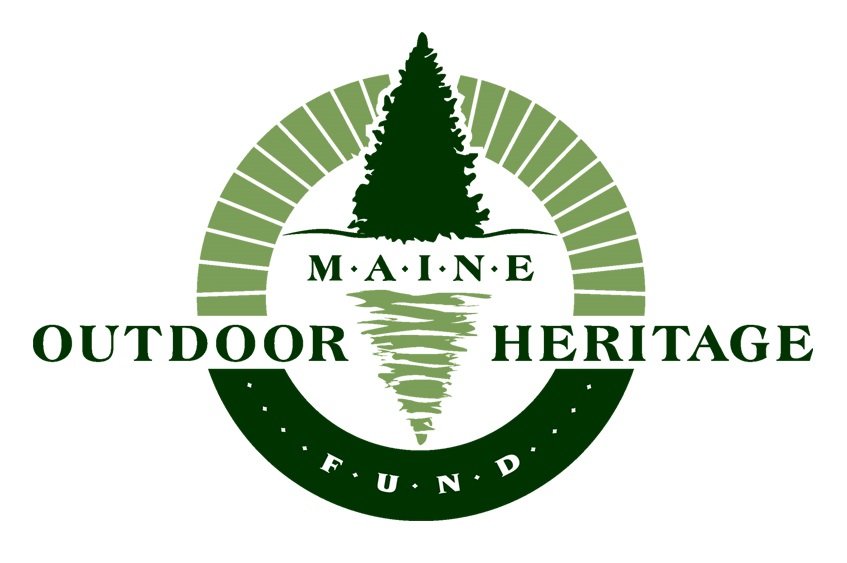
-
Alewife Harvesters of Maine
-
Maine Sea Grant

-
Davis Conservation Foundation
-
The Nature Conservancy
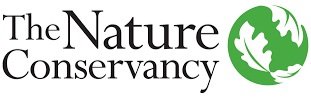
Contact Us
Maine Center for Coastal Fisheries and Manomet provide backbone support for the network.
Emily Farr, Manomet | efarr@manomet.org
Mike Thalhauser, Maine Center for Coastal Fisheries | mthalhauser@coastalfisheries.org




